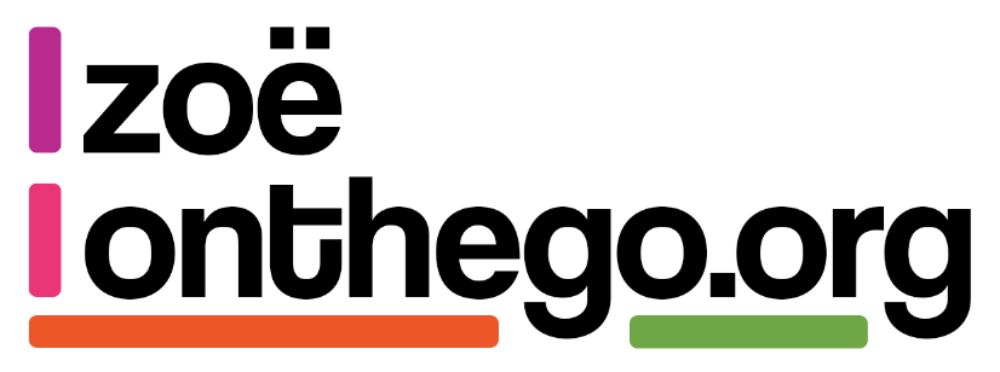We’re punishing those who are less experienced, and we need to stop.

In the last few weeks I’ve had multiple conversations with clients (both existing and new) who are preparing for or have recently not passed their Digital Service standard assessments who are really struggling to understand what is needed from them in order to pass their assessment.
These teams have tried to engage with the service standards teams, but given those teams are extremely busy; most teams cant get any time with their ‘link’ person until 6 weeks before their assessment; by which time most teams are quite far down their track and potentially leaves them a lot of (re)work to try and do before their assessment.
Having sat in on a few of those calls recently I’ve been surprised how little time is set aside to help the teams prep; and to give them advice on guidance on what to expect at an assessment if they haven’t been through one before. Thos no time or support for mock assessments for new teams. There may be the offer of one or two of the team getting to observe someone else’s assessment if the stars align to allow this; but it’s not proactively planned in; and instead viewed as a nice to have. There seems to be an assumption the project teams should know all of this already; and no recognition that a large number of teams don’t; this is still all new to them.
“In the old days” we as assessors and transformation leads used to set aside time regularly to meet with teams; talk through the problems they were trying to fix, understand any issues they may be facing, provide clarity and guidance before the assessment; so that teams could be confident they were ready to move onto the next phase before their assessment. But when I talk to teams now, so few of them are getting this support. Many teams reach out because the rare bits of guidance they have received hasn’t been clear, and in some cases it’s been contradictory and they don’t know who to talk too to get that clarity.
Instead, more and more of my time at the moment, as a supplier, is being set aside to support teams through their assessment. To provide advice and guidance on what to expect, how to prepare and what approach the team needs to take. Actually what an MVP is; how to decide when you need an assessment, and what elements of the service do you need to have ready to ‘show’ at each stage. What the difference is between Alpha/ Beta and Live assessments and why it matters. For so many teams this is still almost like a foreign language and new.
So, how can we better support teams through this journey?
Stop treating it like this is all old hat and that everyone should know everything about it already.
Digital Transformation has been ‘a thing’ for one generation (if you count from the invention of the internet as a tool for the masses in 1995); Within the public sector, GDS, the Digital Service Standards and the Digital Academy have existed for less than one generation; less than 10 years in-fact.
By treating it as a thing everyone should know, we make it exclusionary. We make people feel less than us for the simple act of not having the same experience we do.
We talk about working in the open, and many team do still strive to do that; but digital transformation is still almost seen as a magical art by many; and how to pass what should be a simple thing like a service standard assessment is still almost viewed as Arcane knowledge held by the few. As a community we need to get better at supporting each other, and especially those new to this experience, along this path.
This isn’t just a nice thing to do, its the fiscally responsible thing to do; by assuming teams already have all this knowledge we’re just increasing the likelihood they will fail, and that comes with a cost.
We need to set aside more time to help and guide each other on this journey; so that we can all succeed; that is how we truly add value, and ensure that Digital Transformation delivers and is around to stay for generations to come.
